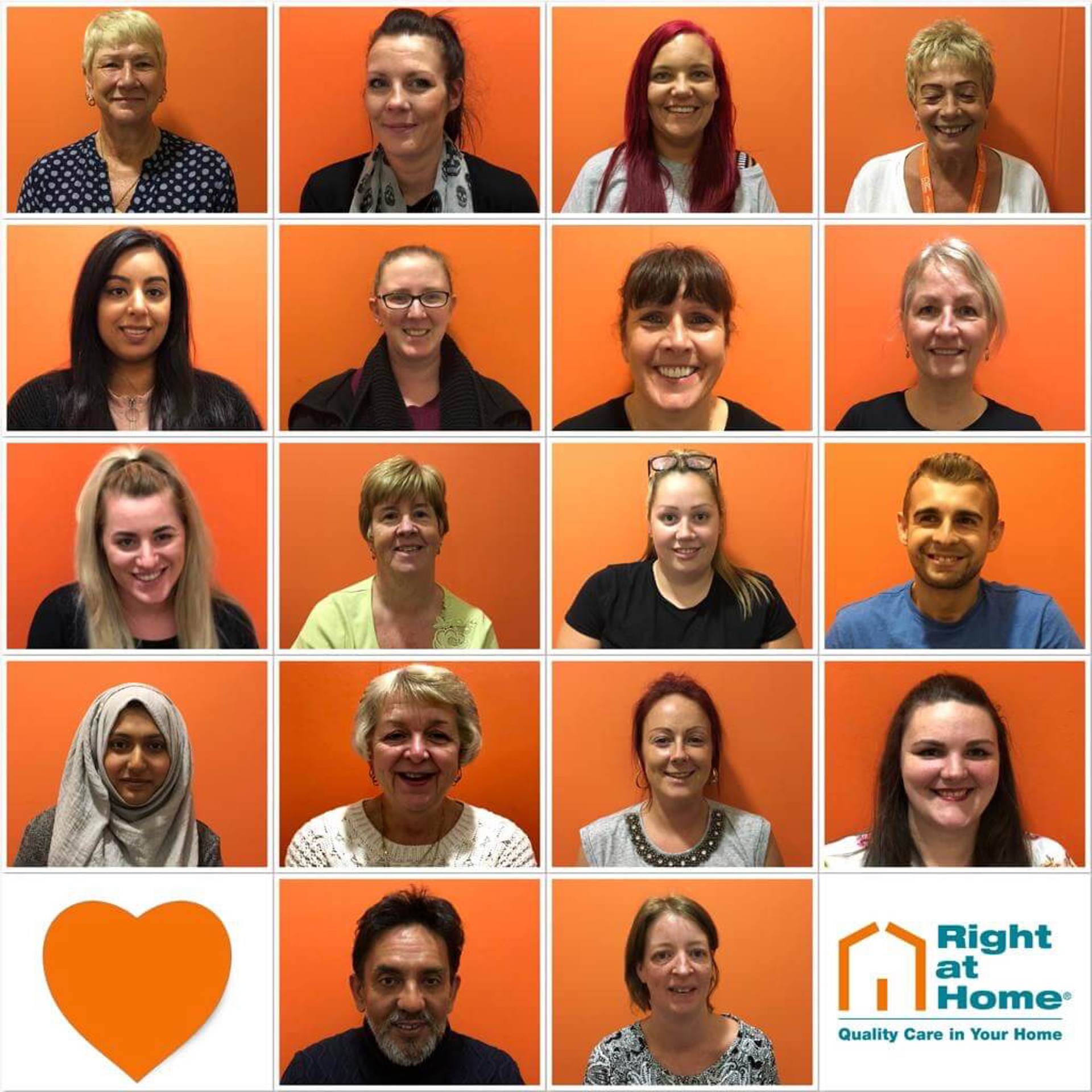Cold Dark Nights Mean Loneliness for Older People
Published: 23/03/2019
Even though we are slowly heading in the right direction, spring still feels like a long way away. Older people are especially vulnerable to loneliness and social isolation during these dark weeks of winter. It can have a serious effect on health and wellbeing, and hasten decline. One way that loneliness can be combated is through companionship caring.
Loneliness in Older People
According to figures from Age UK, there are more than 2 million people over the age of 75 who live alone. More than a million of these older people say they go for over a month without speaking to a friend, neighbour or a family member. Nearly half of older people say that television or pets are their main form of company There is no doubt that we are suffering something of a loneliness epidemic in society. And older people are much more vulnerable to becoming lonely than ever before. Often, they are no longer the hub of their family. They don’t see relatives as much as they used to. Many will also have lived through the deaths of spouses and friends, and might be living with age-related illnesses, such as dementia or Alzheimer’s, Whatever the cause of loneliness, it is very easy for elderly people to be left feeling alone and vulnerable. When nights are dark and days are cold or snowy, there is even less incentive to go out to meet people. Even a short trip to the local shops becomes an endeavour. The results of staying alone at home for long periods is often depression and a serious decline in physical health and wellbeing. This, then makes it more difficult for people to reach out and find others who will help. In older people, too, there is a tendency not to want to make a fuss. This can be partly because of a certain pride in looking after themselves, but it can also be about a desire not to make demands of friends or family.
Supporting Those Living Alone
When it comes to tackling loneliness, there are some steps that relatives can take. Modern life doesn’t help us make time for those we love. Work commitments, family and childcare commitments and distance make it hard to provide the support our elderly relatives need. In this circumstance, it is important to enlist the help of an expert. There are many befriending services that will match an elderly person to a trusted person in their neighbourhood who can become a companion. Another option is companionship caring, which combines support and befriending with practical help. This might be anything from assistance with household tasks, to shopping or preparing meals. Companionship carers might only need to visit an elderly person weekly, or it might be a daily commitment to provide supportive care and friendship. Whatever the frequency of visits, they can make all the difference to an older person’s well being. As well as providing reassurance and peace of mind for their family.
Do Something to Combat Loneliness This Year
For those who are still active, another way to combat loneliness in yourself might be to become a carer. For those living alone, who are still in full fitness, caring for others can be an incredibly rewarding experience. The skills of older people, such as patience, experience and calmness are much needed when it comes to befriending and helping the lonely and elderly in need. Simply being there for another person lets them know that someone cares. This can make all the difference to their lives and their health. At Right at Home, Stockport and Didsbury, we are actively seeking people to become carers. We are especially looking for those who are newly retired. We have a broad range of clients we supply care for, and many ages represented. However, the work with our older, infirm and lonely clients requires a special kind of person. If you think you might be suited to caring for an elderly person, why not do something amazing this year? Become a carer and help us to combat loneliness. For more information about becoming a carer for Right at Home, Stockport and Didsbury, contact us today.

